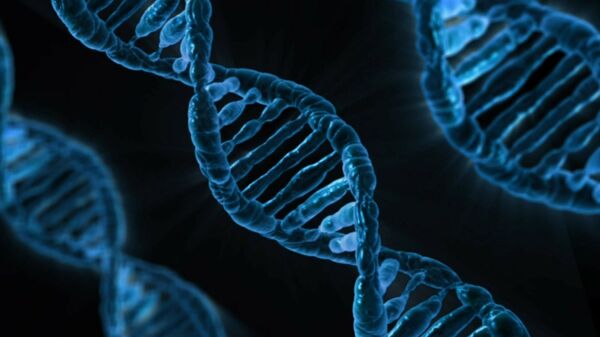While some may think that converting digital data into a 'DNA format' is an impossible task, Dr. Emily Leproust, CEO of Twist Bioscience, explained during an interview with Sputnik Radio that the process is in fact quite simple.
"If you think of data, it’s a bunch of zeroes and ones – its two base encoding. You can extract the two base encoding and recode it into a four base encoding – zero-one-two-three. And zero-one-two-three can also be encoded as A-C-G-T – the four bases of DNA. So what you do is you take your file – it’s a bunch of zeroes and ones – you convert that into ACGT, and now you have a long file that looks like a DNA molecule. That…sequence is then sent to Twist by email or by hard drive or electronic communication, and then we make DNA from scratch," Leproust said.
When the owner needs to peruse the data he or she has stored, it can be quickly retrieved by sequencing the DNA storage strand and then recoding the extracted data into its original format.
Furthermore, Dr. Leproust pointed out that this method of data storage is extremely safe, mostly due to its two key advantages.
"One is that DNA is very small. You could put the entirety of data created by mankind in the trunk of a car. So it’s very dense data, so any file one needs to store will be extremely small, so it is easier to secure a small object than a large object. And in addition, you will need to know process a sample, how to read this sample back in order to get to ACGT. And even if you could get to that area, to that ACGT information, you would need to know the decoder key in order to transform it back into the original file. So there are many layers of protection," the scientist explained.
According to Microsoft, although it will take a long time to integrate the technology into commercial products, its potential is obvious and the first tests went well with 100% of its data encoded and later retrieved from the test DNA.



